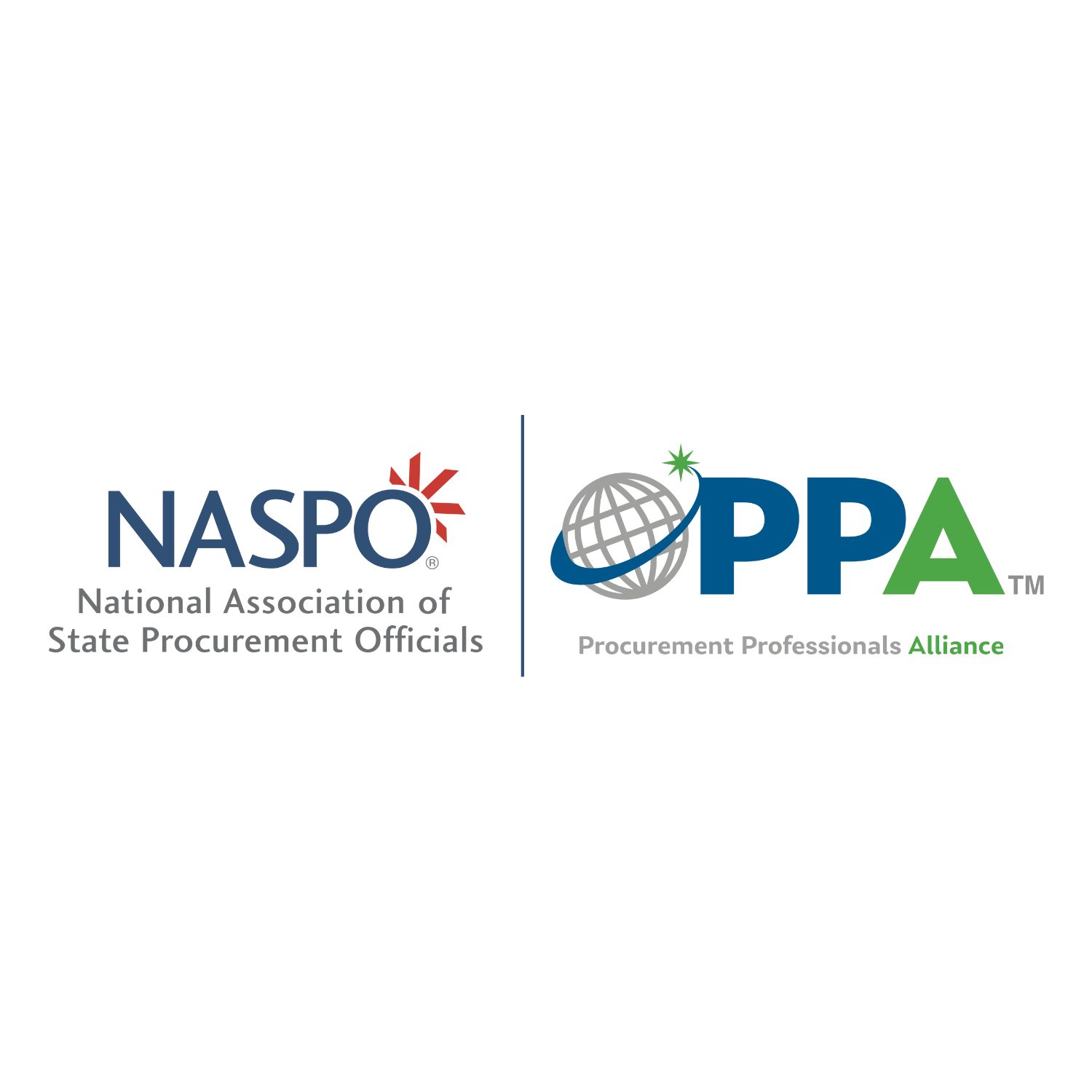Concurrent Sessions IV | April 15 | 4:00 PM – 4:50 PM
< Back to Schedule
Session 4A: Let Me Tell You What You Need to Know: And other ways NOT to communicate with academic leadership | 1 CPE Credit
Description
New academic leaders are often selected for their research record, administrative experience, or subject matter expertise. They may never have been responsible for overseeing and managing a budget, yet their success and that of their department/school/college may rest with their ability to effectively and efficiently do so. Helping academic leaders understand finance and budgeting but without the lingo that they neither want nor need is a critical element to their success and the institutions. How can we, as higher education financial professionals, better orient and equip academic leaders with the information and tools they need to interpret, monitor, and manage their budgets? We will explore that topic from the lens of both a public and private institution. We will also examine how the approach might vary based upon whether an academic leader is new to an institution or promoted from within. The goal is to give attendees tools and communication strategies so they can help academic leaders become skilled financial stewards of their budgets while also building trust and collaboration with finance and budget professionals.
Learning Objectives
- Gaining Perspective: Participants will gain a deeper understanding of the perspectives of academic leaders and how to recognize each leader's unique social style to improve strategic communications.
- Increasing Effectiveness: Participants will be learn how to develop a toolkit of strategies for effectively communicating complex financial information to academic leaders using scenarios from both a public and private university.
- Building Trust: Participants will be equipped with tools and approaches to build trust with academic leaders by framing financial discussions in a way that aligns with academic priorities.
Speakers
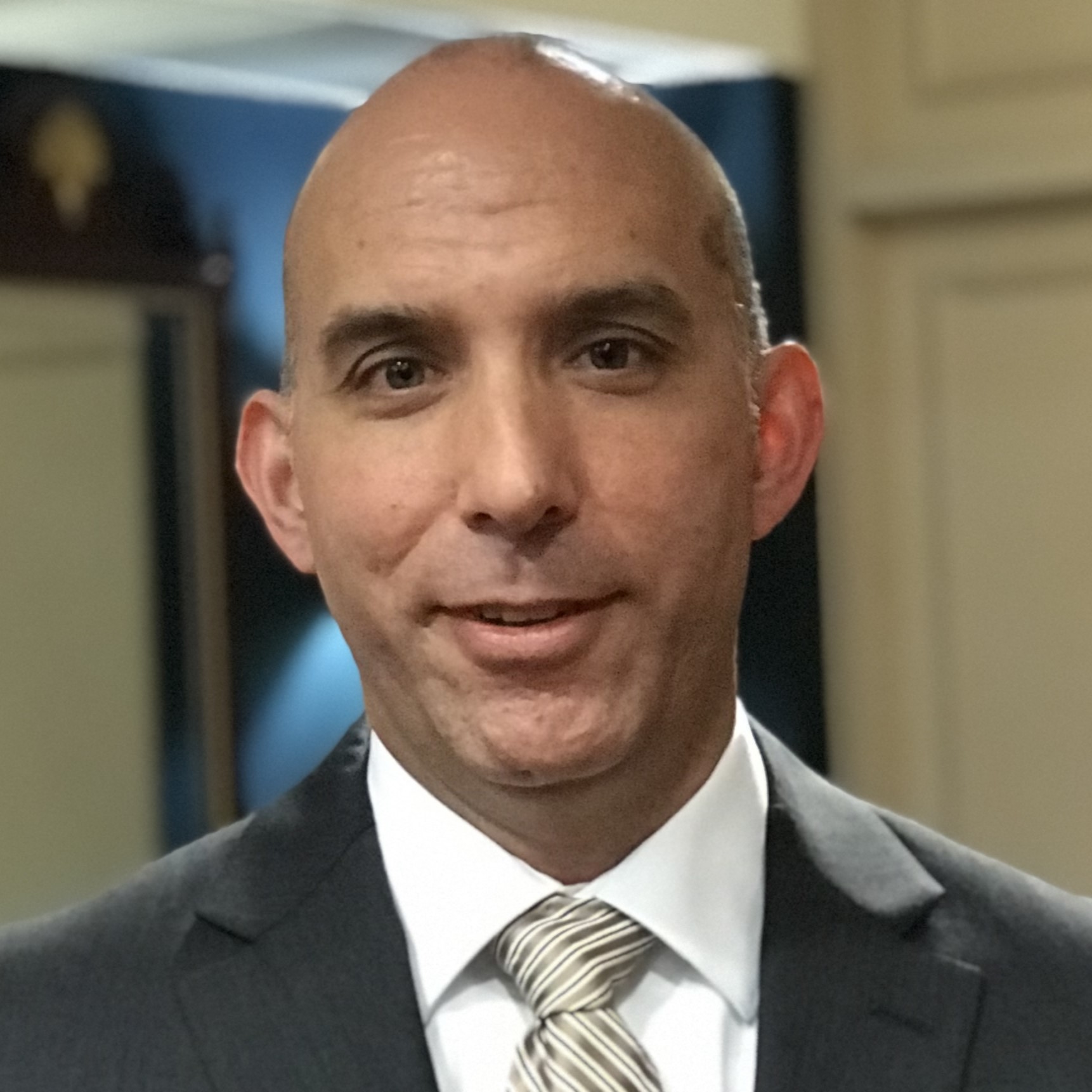 Rick Graycarek, Executive Vice President for Finance and Administration, University of Indianapolis Rick Graycarek, Executive Vice President for Finance and Administration, University of Indianapolis
Rick Graycarek is the Executive Vice President for Finance and Administration at the University of Indianapolis. In this role, Graycarek oversees facilities, information technology, campus bookstore and dining, budget and accounting. Graycarek has more than 10 years of higher education finance experience including senior roles at IUPUI and the University of Louisville. Graycarek earned a master’s degree in public administration from the University of Kentucky and a bachelor of science degree in economics and political science from the University of Wisconsin-Oshkosh. He was a NACUBO Fellow in 2022-23.
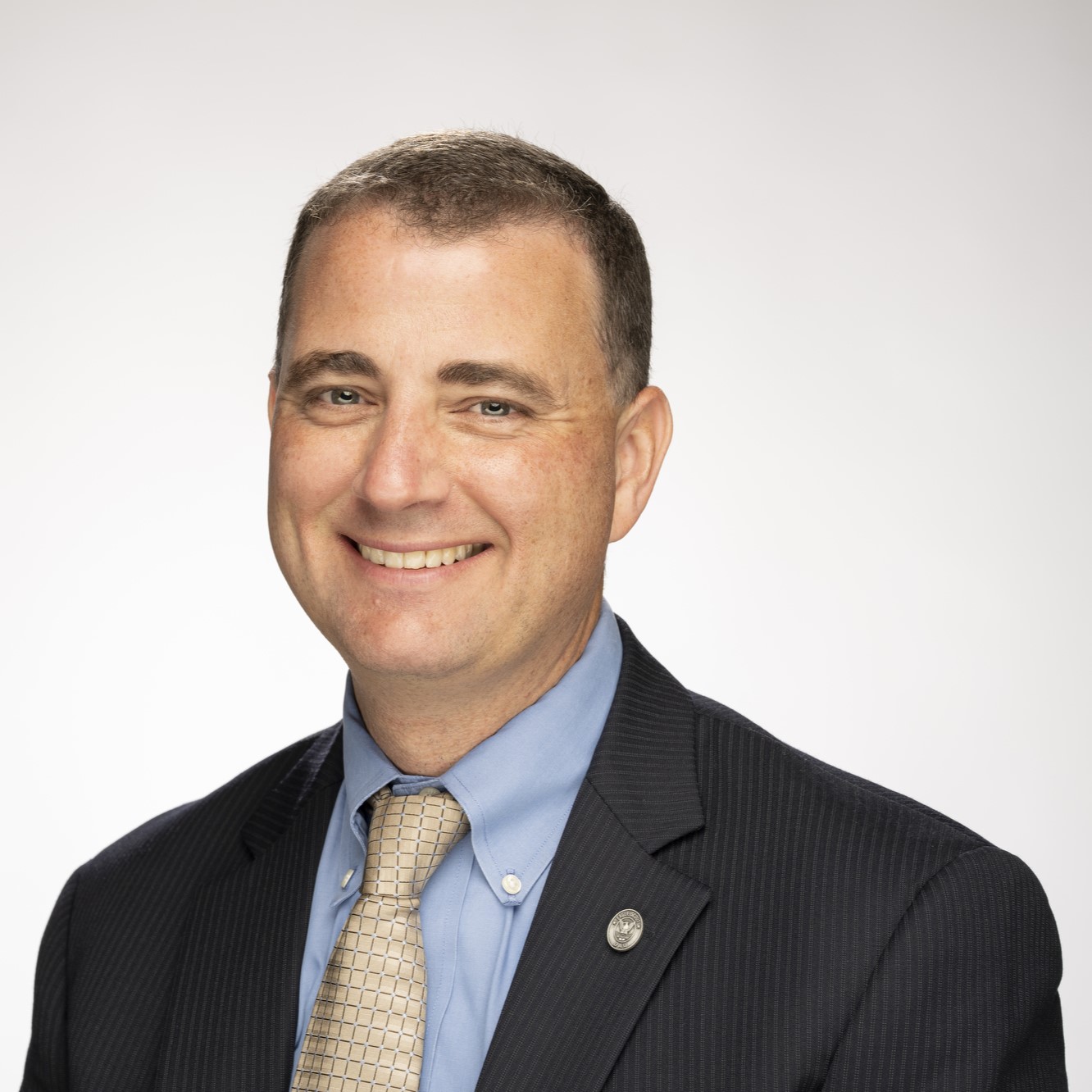 Kurt Shepard, Assistant Vice Chancellor, Vanderbilt University Kurt Shepard, Assistant Vice Chancellor, Vanderbilt University
Kurt Shepard is the Assistant Vice Chancellor for finance at Vanderbilt University where he oversees the chief business officers for Vanderbilt's ten schools and colleges as well as chief business officers for the provost and vice provost areas. Shepherd has been working at Vanderbilt for more than 22 years and has contributed and led in areas ranging from VUIT, School of Medicine Basic Sciences, to university enrollment affairs. He has served in leadership roles within financial operations and planning since 2016 and has led the financial operations of all academic areas as well as areas such as parking, police, fringe benefits, government and community relations, and communications. Shepherd was a key leader in working through the operational implications of Vanderbilt's separation from Vanderbilt University Medical Center in 2016. He was instrumental in creating the model and framework for Vanderbilt's transition to a responsibility center management budget model starting in 2017. Shepherd was also the functional lead for academic affairs and finance for Vanderbilt's 2018 implementation of Oracle's cloud-based enterprise resource planning and human capital management solutions for finance and human resources and continues to serve on many advisory committees related to process and policy enhancements. Shepherd earned his bachelor's degree in finance and management from the University of Evansville and his MBA from Vanderbilt's Owen Graduate School of Management.
< Back to Schedule
Session 4B: Best Practice Session: Working from Home: Best Practices and Managing Risk | 1 CPE Credit
Description
Many institutions have struggled with the proper balance of remote work and office work. The University of South Carolina's Finance Department has found success with a hybrid model where they have created a team environment where all team members come together once each week. Join this session where we will share about their journey to find success through communication and share about best practices with working from home. Then, we'll look at some common risks that can occur in a remote working environment.
Learning Objectives
- Understanding how USC's finance department achieved success with a flex-hybrid remote working environment.
- Illustrating best practices in managing remote workers.
- Assessing common risks that can occur when working remote.
Speakers
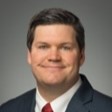 Wil Crawford, Partner, FORVIS Wil Crawford, Partner, FORVIS
Wil has over 17 years of experience providing audit and accounting services to telecommunications, governmental, nonprofit, and higher education clients. Wil also serves as the nonprofit, education, and public sector industry leader for FORVIS' Jackson office. He has served as the in-charge, manager, and engagement executive for compliance Single Audits under OMB Circulars for various hospitals, universities, governmental agencies, and nonprofit agencies. Wil is a member of the AICPA and Mississippi Society of CPAs (MSCPA). He was awarded the Silas M. Simmons Bronze Medal for the 2007 CPA Exam. He also has served as president of the MSCPA Young CPAs, chair of the MSCPA Governmental A&A Committee, millennial chair of the MSCPA Long Range Planning Committee, an MSCPA board member, and was the 2015 winner of the MSCPA Rising Star Award. He is also a member of the Association of Government Accountants. He previously served as treasurer on the board of directors of the Central Mississippi Chapter of the Mississippi State University Alumni Association and currently serves as chair of the Madison United Methodist Church administrative council and as a board member for Habitat for Humanity Mississippi Capital Area.Wil is a summa cum laude graduate of Mississippi State University, with a B.S. degree in accounting and an M.Acc. degree.
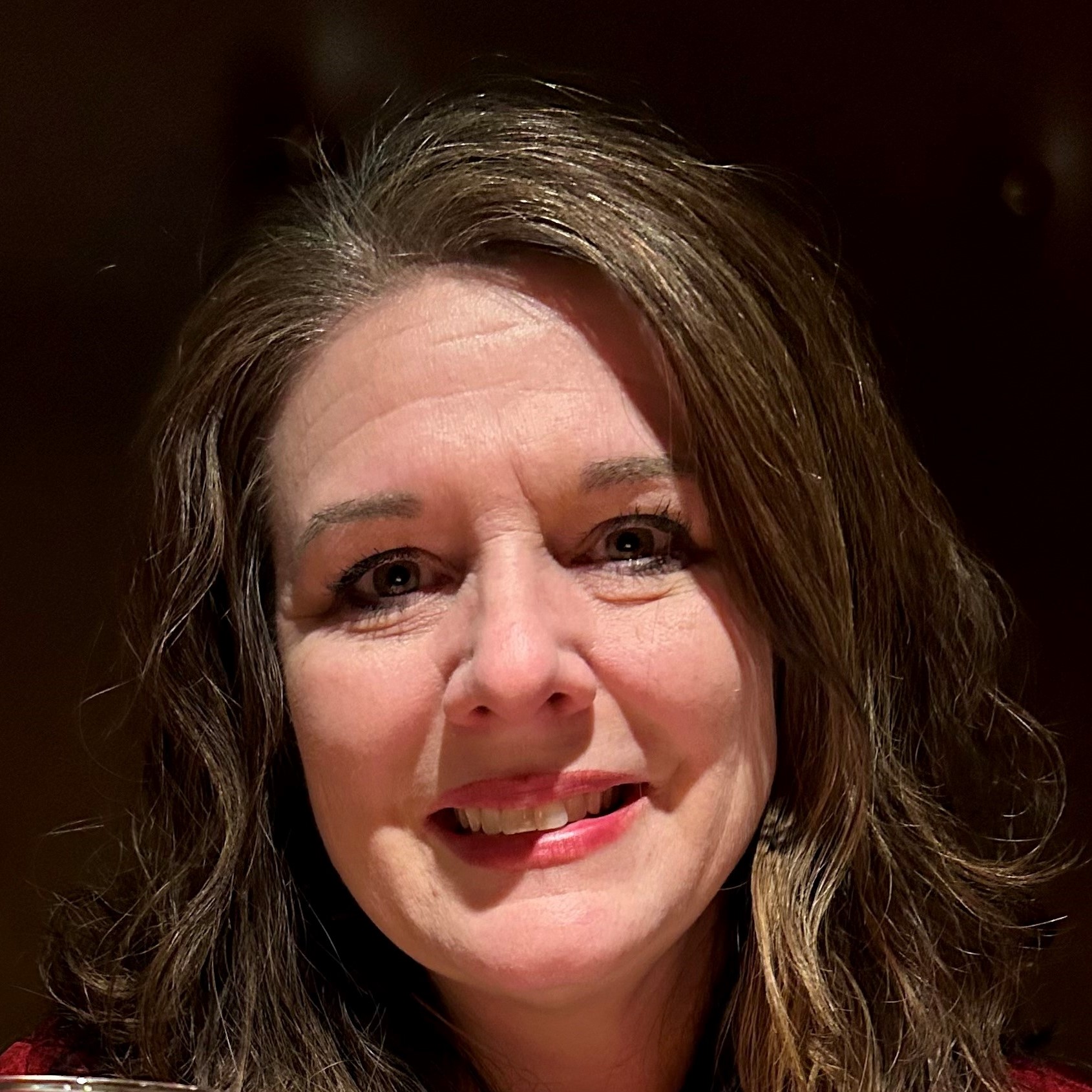 Mandy Kibler, Associate Vice President for Administration & Finance and University Controller, University of South Carolina Columbia Mandy Kibler, Associate Vice President for Administration & Finance and University Controller, University of South Carolina Columbia
Mandy Kibler has over 30 years in management and finance in public finance with 15 years in higher education. Mandy currently works for the University of South Carolina as the Associate Vice President for Administration and University Controller and has served in the position for over nine years. As the University Controller, Mandy leads and manages all financial operations for the university system to include: accounting, financial reporting, payroll, financial management, policy development, grants and federal program management, capital finance and bonds, tax management, banking and treasury management, and reporting and analysis. Prior to joining USC, Mandy served as the Vice President for Finance and Chief Financial Officer with the South Carolina Technical College System for six years where she led all financial operations of the system and its 16 technical colleges. Prior to her career in higher education, Mandy served as the Chief Financial Officer for two state agencies in the economic development field. She is a graduate of Clemson University with a degree in Accounting and graduate of University of South Carolina with a Masters in Business Administration with an emphasis in Higher Education. She also holds a Graduate Certificate in Higher Education Leadership from the University of South Carolina. She is a Certified Government Finance Officer.She leads a very active life with her husband and her three children and enjoys traveling and reading.
< Back to Schedule
Session 4C: Data Democratization: The Enterprise Opportunity | 1 CPE Credit
Description
Join us as we unlock the power of data democratization, where we put data in the hands of the business users and arm them with the data literacy skills they need, to make confident, data-informed decisions and drive unlimited student and institutional success. In this session, our journey takes us to the University of South Florida (USF) where the IT Analytics team developed an innovative and interactive data literacy program. This program inspires and enables self-service analytics and drives the adoption of self-service products, empowering end-users to get insights from their data quickly, securely, and at any time they need to for effective data decision-making in all areas of the university. As we explore the powers of data democratization, we will discover how improved data literacy at USF reduces IT reliance for reporting and promotes effective decision-making in support of student and institutional success at all organizational levels while taking data ethics, privacy, and data governance into consideration. Together, we will unlock the power of data democratization and discover how self-service analytics can be used to solve institutional challenges and gain critical data insights. Join us on this exciting adventure as we embark on a journey of discovery, uncovering the power of data democratization and building a data-informed culture that drives success.
Learning Objectives
- Learn how USF provided data democratization through secure, curated datasets making data accessible to everyone in the organization
- Learn how USF's innovative and interactive, persona-based data literacy program has maximized client engagement and self-service analytics
- Learn how the data literacy initiative has lessened reliance on IT and strengthened the data sense-making skills and confidence of USF's business users to understand, communicate, and decide.
Speakers
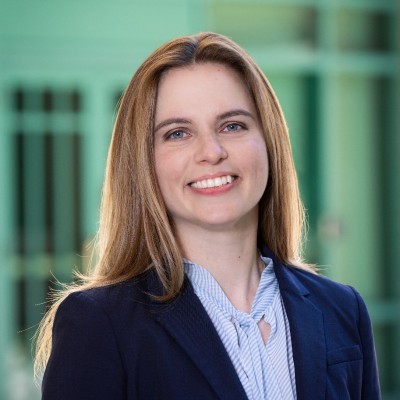 Masha Galchenko, Associate Vice President, University of South Florida Masha Galchenko, Associate Vice President, University of South Florida
Mariya (Masha) Galchenko is a USF Alum, she has a Masters degree in Economics and has worked at USF for the last 17 years. In her USF career she has worked at the Honors College, Student Affairs, and now Business & Finance. Currently Masha is the Associate Vice President for Budget and Financial Analysis and is a key member of the senior leadership team in Business & Finance and Strategy in the University of South Florida. She oversees a team responsible for financial planning, budgeting, forecasting, financial analysis, and reporting and works closely with senior leaders across the large and complex institution with multiple funding sources to provide strategic financial planning and analysis to support the achievement of the institution's goals and objectives.
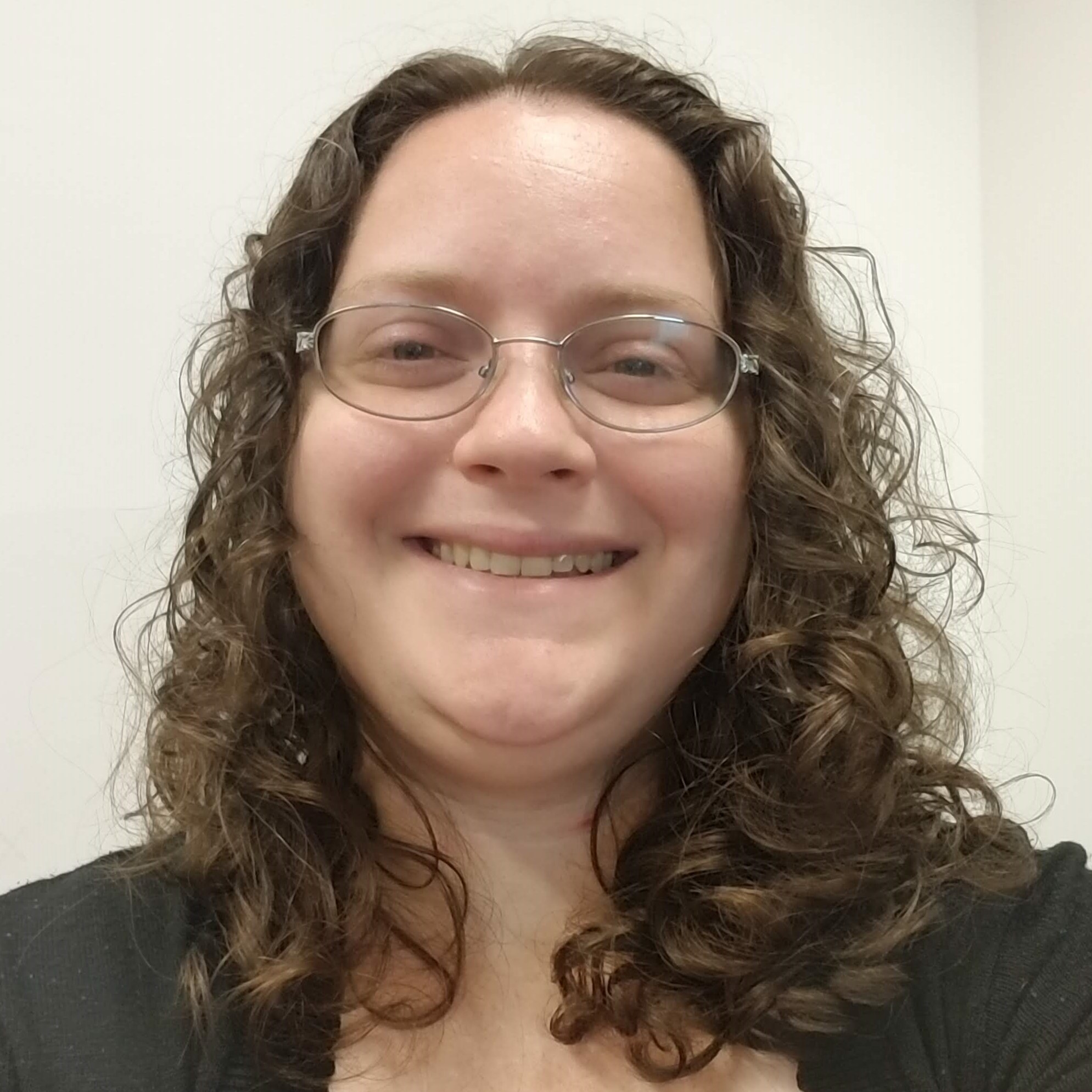 Tara Connolly, Product Manager for Analytics, University of South Florida Tara Connolly, Product Manager for Analytics, University of South Florida
Tara Connolly is the IT Product Manager for Analytics at the University of South Florida in Tampa, Florida. She has been working in Higher Education for over 15 years and agile development for over a decade within application development, reporting, and analytics. As a SAFe Certified Product Owner/Product Manager, Tara recently led a platform shift for the Analytics teams which lead to self-service datasets for the university community, beginning with financial data. She is passionate about good, quality data and placing that data into the hands of the university community for decision making.
< Back to Schedule
Session 4D: The Path Forward: A Technology Roadmap from a CIO | 1 CPE Credit
Description
In this session, you will be hearing from Trey Arrington. Trey is the CIO at Wofford College, is currently leading Wofford through a complete ERP and Student Information System transformation, and is working to redefine the role of CIO in the higher education industry. Topics that will be covered will be: Systems transformation, updating campus technology policies to align with strategic visions, improving communication to and from the CIO's office, collaborating with other institutions, and many more relevant topics. This session will be geared towards business officers, CIO's, CFO's, and any other stakeholders on campus that are impacted by the CIO's office.
Learning Objectives
- Defining the role of CIO on a modern college campus.
- Creating a path towards aligning our systems and policies with the strategic vision of the college.
- How to improve communication and collaboration from the CIO's office.
Speakers
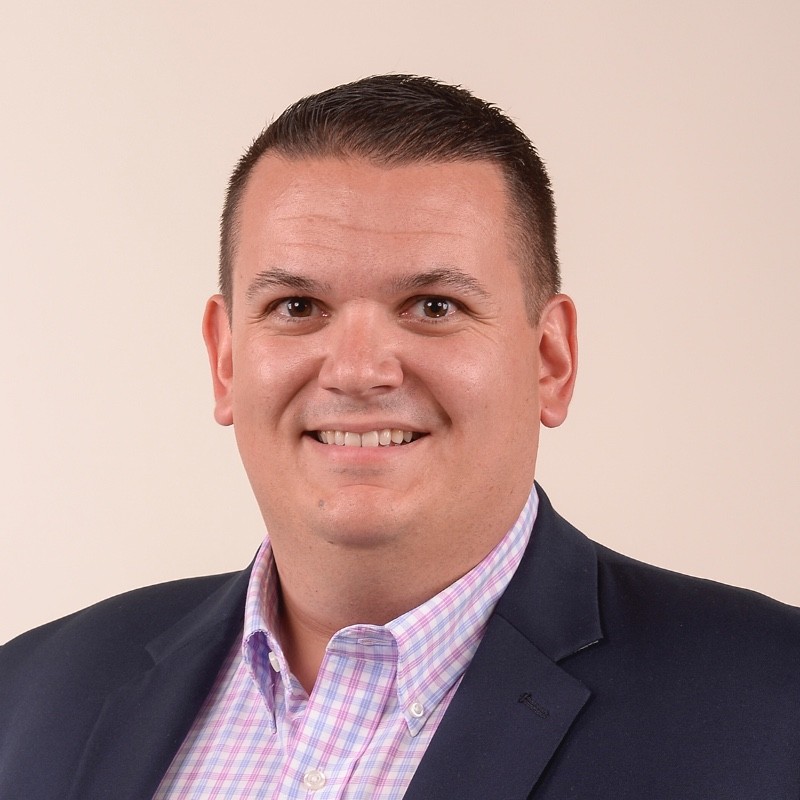 Trey Arrington, Chief Information Officer, Wofford College Trey Arrington, Chief Information Officer, Wofford College
Trey is the AVP for IT and CIO at Wofford College, overseeing the IT Services Department. Prior to Wofford, Trey was the VP for Operations at Spartanburg Methodist College for 9 years, where he oversaw the Campus Technology Department, In-House Dining Services, and managed the relationship with Barnes and Noble College, piloting their First Day Complete book program. Along with higher education experience, Trey has served in senior leadership positions in the healthcare and manufacturing industries. He serves on several steering committees and boards within higher education.
< Back to Schedule
Session 4E: Developing an Effective Hybrid, Flexible, and/or Remote Work Program | 1 CPE Credit
Description
As Universities and Colleges continue to struggle with the right work modalities for its administrators, staff, and faculty, the development of effective hybrid, flexible, and remote work programs and policies has become essential in recruiting and retaining top talent. This session will provide some tips and strategies on how to develop such a program, based on lessons learned from higher education institutions that have gone through the process.
Learning Objectives
- Understand the importance of developing the guiding principles and business case in creating or revising hybrid, flexible, and remote work programs
- Identify the steps and processes required to develop such programs and related policies
- Recognize the key stakeholders that should be involved in developing such programs and related policies
Speakers
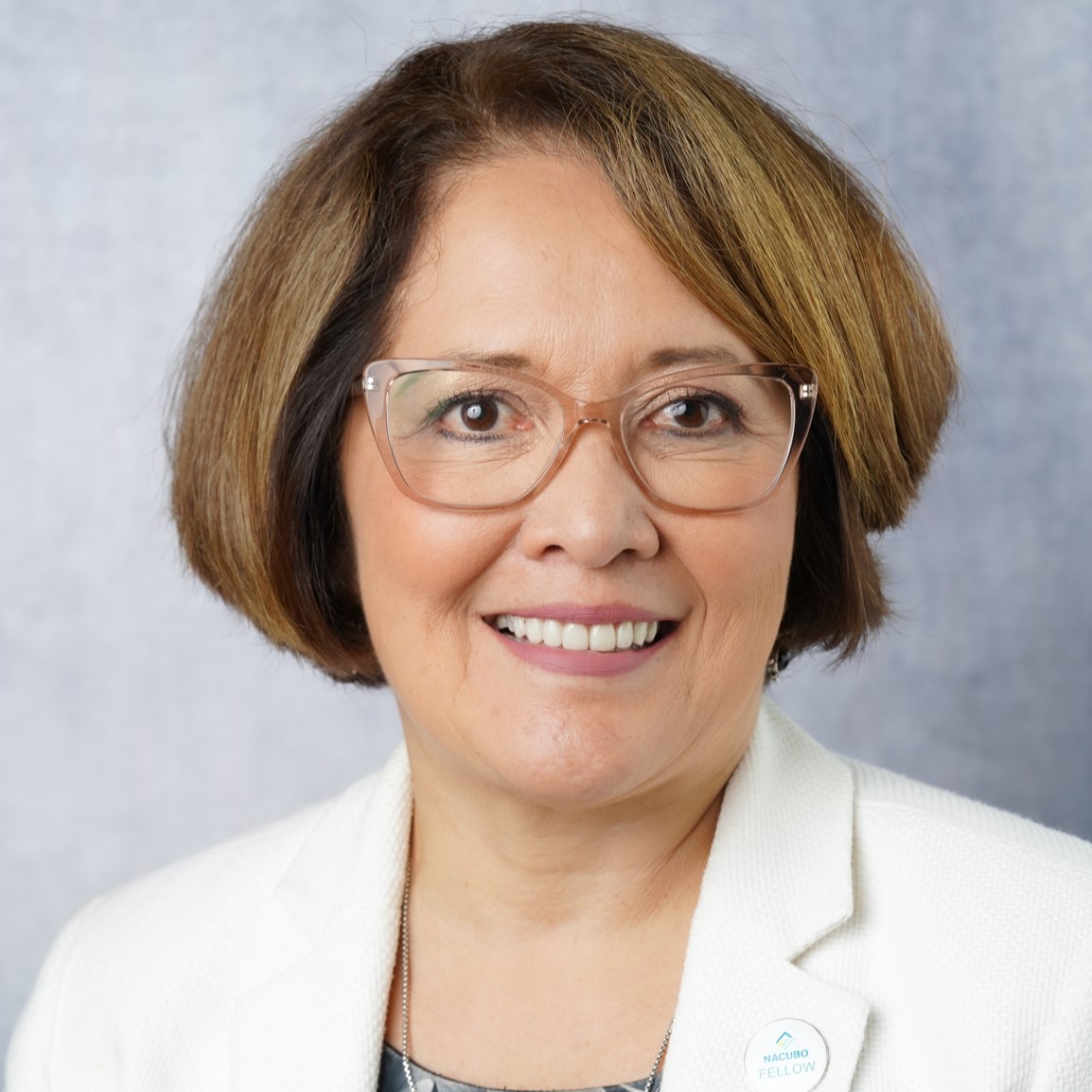 Lenora Chapman, Vice President for Finance and Administration, Southwestern University Lenora Chapman, Vice President for Finance and Administration, Southwestern University
As the Chief Business Officer for Southwestern University, Chapman is responsible for overseeing budget and planning, managing and assessing financial activities, and leading various departments, including accounting and finance, information technology, human resources, facilities, auxiliary services, and enterprise risk management.With a wealth of experience in both private and public institutions of varying sizes, Chapman previously held positions such as associate vice president for financial planning and budget at Sam Houston State University, and associate vice president for financial affairs at the University of Texas at San Antonio. Her professional background also includes roles at Alamo Colleges District and Trinity University in San Antonio.One of Chapman's strengths lies in her commitment to mentoring and developing staff, many of whom have progressed into leadership roles. Throughout her career, she has consistently formulated strategies promoting long-term operational excellence by addressing diverse and complex needs through engagement and collaboration with partners.A Texas Tech University alumna with a bachelor's degree in business administration (accounting), Chapman is a certified public accountant. She is also a graduate of the NACUBO Fellows Program.Beyond her professional endeavors, Chapman enjoys traveling and spending quality time with her husband, Scott, and their two sons, Jonathan and Cameron.
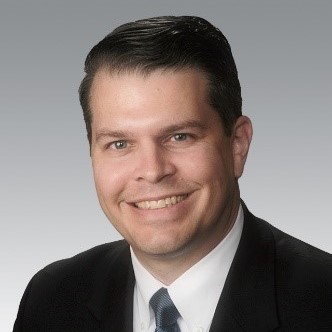 Christopher Nickson, Vice President and Senior Consultant, Segal Christopher Nickson, Vice President and Senior Consultant, Segal
Mr. Nickson is a Vice President and Senior Consultant in Segal’s Organizational Effectiveness practice. Prior to joining Segal, Mr. Nickson was a Senior Strategy Consultant with Excelcor, a nationally-recognized higher education consulting firm. In addition to his consulting background, Mr. Nickson is a highly-experienced attorney, with nearly two decades of experience in private practice, including as a law firm partner and litigator specializing in labor and employment law, employment discrimination, and human resources. He has significant teaching experience as an adjunct faculty member since 2003 at several higher education institutions, including as an adjunct instructor teaching business law and ethics at the State University of New York at Buffalo (SUNY-Buffalo) in their PMBA and EMBA programs. Mr. Nickson received a Bachelor of Science degree in Industrial and Labor Relations from Cornell University. He also received his Juris Doctor and Master of Business Administration degrees from the State University of New York at Buffalo. Mr. Nickson has presented regularly at national, regional, and local conferences and meetings, including the College and University Professionals Association for Human Resources (CUPA-HR), on such topics as the Workforce of the Future, Managing the Changing Demographics of the Workplace, Flexible Work and Employee Engagement, the Future of the Academic Workplace, Title IX, and other topic.
|

 Rick Graycarek, Executive Vice President for Finance and Administration, University of Indianapolis
Rick Graycarek, Executive Vice President for Finance and Administration, University of Indianapolis Wil Crawford, Partner, FORVIS
Wil Crawford, Partner, FORVIS Mandy Kibler, Associate Vice President for Administration & Finance and University Controller, University of South Carolina Columbia
Mandy Kibler, Associate Vice President for Administration & Finance and University Controller, University of South Carolina Columbia Masha Galchenko, Associate Vice President, University of South Florida
Masha Galchenko, Associate Vice President, University of South Florida Tara Connolly, Product Manager for Analytics, University of South Florida
Tara Connolly, Product Manager for Analytics, University of South Florida Trey Arrington, Chief Information Officer, Wofford College
Trey Arrington, Chief Information Officer, Wofford College Lenora Chapman, Vice President for Finance and Administration, Southwestern University
Lenora Chapman, Vice President for Finance and Administration, Southwestern University Christopher Nickson,
Christopher Nickson, 